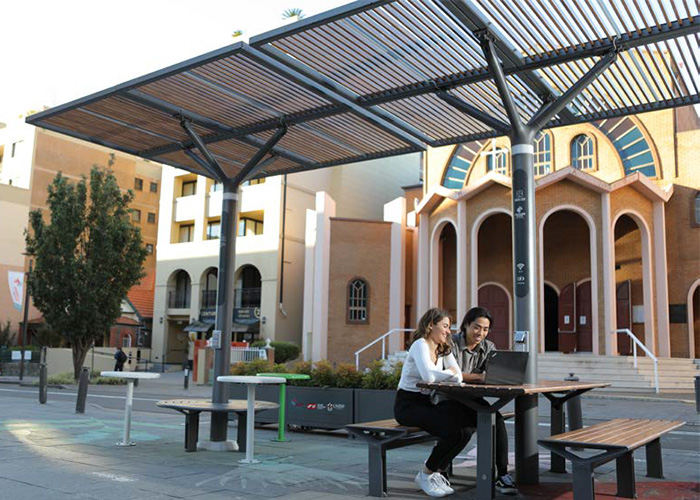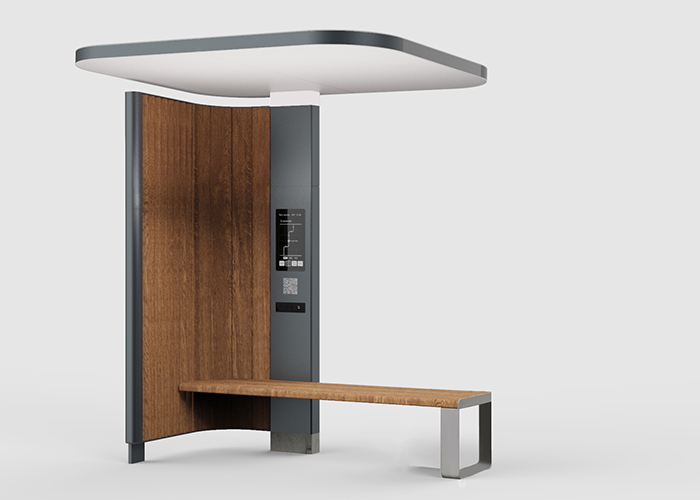The Smart Places Customer Charter, launched by the NSW Department of Planning, Industry and Environment in November, invites place designers and custodians to commit to six principles guiding the creation and upkeep of smart city projects. Organisations involved with designing, creating or managing public spaces can sign up to the Charter to demonstrate a commitment to prioritising people, country, sustainability and resilience when creating and maintaining smart places. The six principles have been shaped by direct community input and suggest that “smart places should be built for people and designed with people,” and aim “to harness the potential of new technologies to meet the needs of citizens.” The Charter’s principles are: Co-creating smart places: giving custodians and customers a genuine voice throughout the smart places’ life cycle. Respecting local character: …
streetchat

smart cities
Street Furniture Australia collaborated with Mobility Design Lab from Monash University to reimagine how urban bus stops and shelters could look, feel and work in the near future. The concept proposal was recently shortlisted for the Smarter Hobart Challenge, an international design competition launched by the City of Hobart in 2020. The competition called for “innovative and exciting ideas to help transform Hobart’s public transport services, and help make waiting for the bus reliable, safe, accessible and socially connective.” More than 120 entries were received from teams in Australia, the US, India, South America, Russia, Ukraine, Singapore, Hong Kong, Italy and France. The concept by Monash University and Street Furniture Australia was one of five finalists. Bus travel can sometimes suffer from “a less optimal image” compared with other modes …



